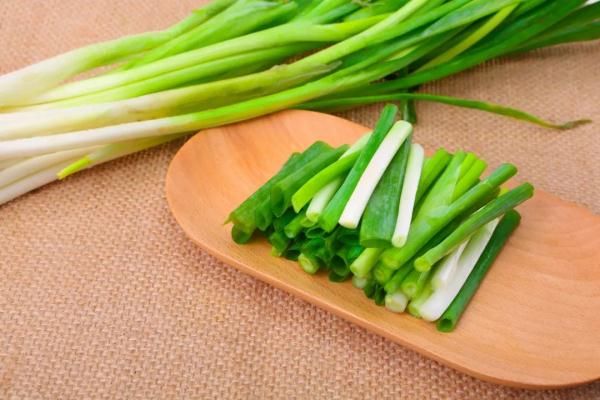On the occasion of the World Salt Reduction Week, everyone is very concerned about the issue of salt reduction. Have you done it every day?
I did it, I did it, just reduce the salt, I feel that the dishes are tasteless and tasteless, is there any solution?
Reduce the salt without reducing the taste, which is recommended for you to replace the seasoning with salt~
Garlic
Garlic is a kind of spicy spice, which can be used in Enhanced flavor with increased sodium content. Garlic is rich in nutritional value. “China Food Composition Table (2009)” shows that the edible part of 100 grams of garlic contains 128 kcal of energy, 26.5 grams of carbohydrates, 0.2 grams of fat, 4.5 grams of protein, and 1.1 grams of dietary fiber. Vitamin C 7 mg, carotene 30 micrograms, vitamin E 1.07 mg, rich in minerals, such as calcium 39 mg, magnesium 21 mg, phosphorus 117 mg, potassium 302 mg.
In addition to being nutritious, garlic is packed with many health benefits. Studies have found that chemicals in garlic boost immunity, lower blood pressure and promote brain health.
Lemon juice or peel
Lemon peel is often used in western food for seasoning, which not only smells fresh and pleasant, but also increases appetite and reduces the amount of salt. Orange peels do the same thing.
Black pepper powder
Whether it is noodle soup, barbecue, stir-fry, etc., black pepper is definitely a good substitute for salt. Plus, black pepper might reduce inflammation associated with chronic health problems like the heart. You can also try ground white pepper, pepper mixes, and pepper substitutes.
Scallions or Onions
Scallions add flavor to almost any savory recipe. We often use a small amount of green onion in our daily cooking. You may wish to increase the amount of green onion to reduce the amount of salt. There may be unexpected effects. Especially dried shallots or dried onions.

vinegar
Vinegar has a strong sour taste and a light sweetness. It also brings out the natural flavor of food, which can reduce the need for salt. At the same time, the nutritional value of vinegar is also very rich, which is rich in various organic acids, which are helpful for various chronic health problems of the human body.
The seasoning effect of vinegar is more incisive when cooking at low temperature. Use balsamic vinegar for meat and fish in soups, stews, and marinades, and drizzle a few drops over fresh tomatoes or grilled vegetables for a delicious treat.
Chili powder
The pungent spiciness and bright red color will definitely make your appetite, forget the “salt” thing.
Ginger
Ginger can be divided into young ginger and old ginger. Young ginger is less spicy, and the meat is crispy and tender. It can be fried or marinated. Fragrance, yellow in color, less water, mainly used for flavoring or medicinal purposes. Ginger and ginger slices are used as condiments for cooking, which can enhance flavor, tenderize, remove fishy smell, add fragrance, and protect color.
cilantro
cilantro is a wonderful food, especially after the soup or dish is just out of the pot, use the residual heat of the hot food to heat the coriander a little , will emit a light aroma.
Red chili
This is different from the chili powder above and has a different flavor when made with chili oil. You can try spice up any meal. It can also be used in soups, sauces, etc.
Cinnamon
Cinnamon is a commonly used seasoning when we stew meat, and it can also be used in baked goods. It is a good choice to replace some salt. And adding a small amount of cinnamon to the soup can make our soup more delicious, if it is a broth, it is best.
It sounds delicious~
Yes, after all, Chinese cuisine has a long history. These seasonings are essential for families. Remember that “the daily intake of salt for healthy adults is not enough.” More than 5g”, use the seasoning well, it will be healthier~
Comprehensive: Tencent News, Nutrition Now
Source: National Healthy Life way to act